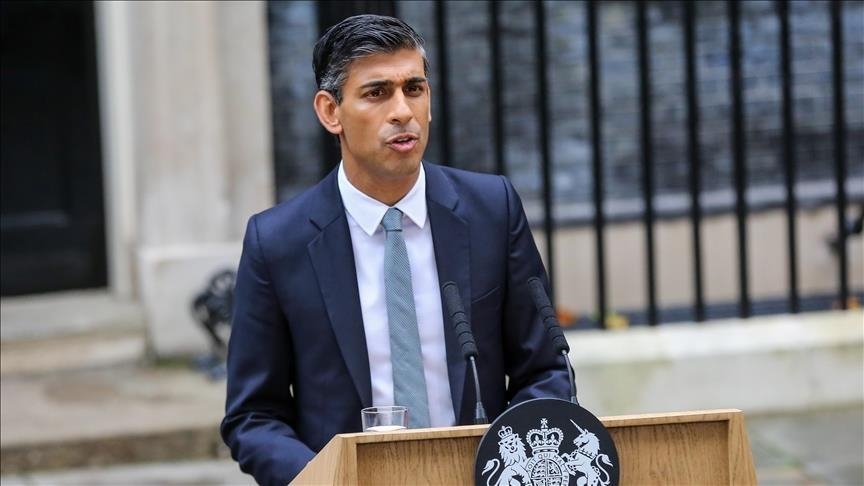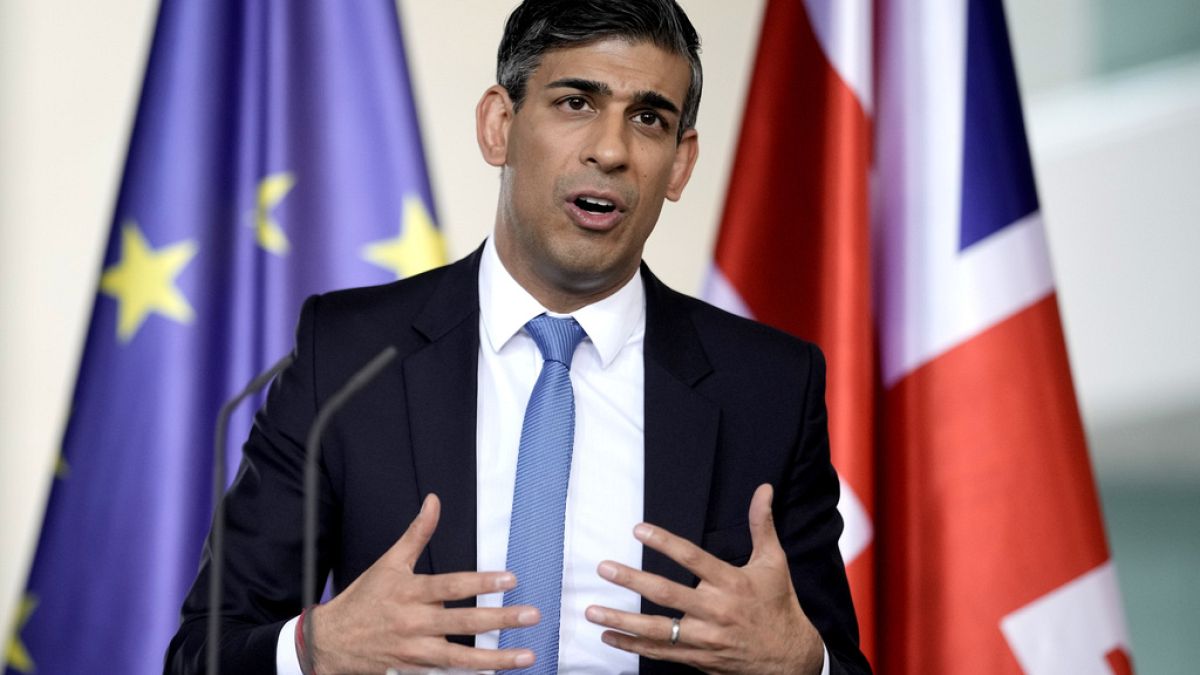scalpel
Spanish politicians must use Lapierre’s work to find out what it means to live up to it
This Tuesday will mark the 76th anniversary of one of history’s greatest pages: India’s independence and the end of the then-monopolized British imperialism. Some readers will say that what’s the point of this and maybe they are absolutely right. The number of the anniversary is not even and the present that commands it, of course, does not come from what happened in this Asian country in 1947, but is marked by another path that is hotter, although no less toxic. Between them, the secret transfers that the PSOE negotiated with Catalan and Basque independentistas in return for their support to revalidate the Government or the torrid heat that comfortably went into the air to numb critical consciences with the fact that Puigdemont and Otegi would be the ones to actually rule in Spanish. It’s also marked by the immortal saga/Mbappé’s escape from PSG or the massacre purportedly perpetrated in Thailand by Curro Jiménez’s grandson, yes, with long hair, and no sideburns or blunderbuss on hand. India’s case came, of course, out of control, but I brought it up after re-reading “Tonight, freedom”, a classic work by Domique Lapierre, French writer and journalist who is famous in Spain mainly for his excellent novel “The city of happiness” . In the heat of the political cake, it causes boredom, especially after the trip of multiple elections, and to relieve it there is nothing wrong with reviewing important events in human history if narrated in an entertaining way. What happened 76 years ago in India was such that it defined the way of life in that part of the world till now. In his “Thousand Suns”, Lapierre recounts the preparations he had to make to write his masterpiece in the final months of a fractured empire. Just in time until the conquered territory reaches its “freedom”. Let us not forget that while Russia and China are now trying to reinstate other forms of colonialism in Africa, Queen Victoria’s state put a stop to it in the middle of the last century partly because of pragmatism, partly because of the wishes of the Hindu and Muslim populations. for orchestrating his designs, and also for the role played by that marvelous character Churchill called the “half-naked Fakir” or, by the same token, the half-naked fakir: Ghandi. Although the arbitrary division of the country entrusted to the delimitation commission by the Viceroy of Mountbatten to accommodate Muslims in the region called Pakistan led to the largest mass migration in history and the disastrous wars that continue to this day, most of the protagonists of the peaceful departure of the British from India acted with a perfect sense of status that avoided further bloodshed, inspired by the influence of the Mahatma. It was carried out by Mohammed Ali Jinnah, the heavy smoker who founded Pakistan. So did Hindu leader Nehru, Sikh Chancellor Tara Singh, and, of course, India’s historic British top honcho. Spanish politicians must draw on Lapierre’s work to see what it means to do the job. If India’s rivals agree, why can’t PSOE and PP do it?

“Web specialist. Incurable twitteraholic. Explorer. Organizer. Internet nerd. Avid student.”





